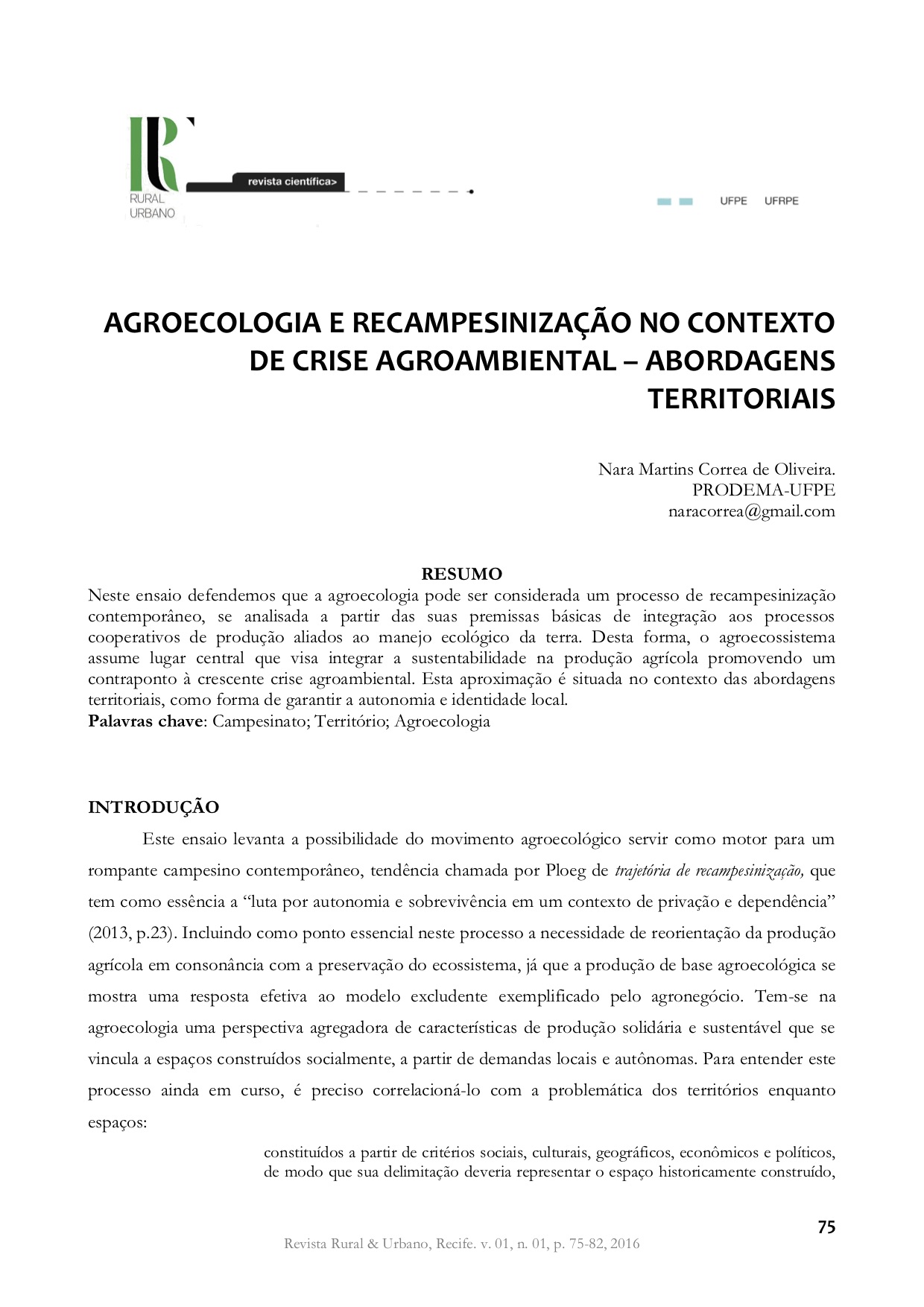Delimitación de la tutela del derecho de propiedad en la jurisprudencia de la Corte Constitucional ecuatoriana
La distinción entre el derecho a la propiedad y el derecho de propiedad importa tanto en lo dogmático constitucional como en lo constitucional procesal, en la medida en que las garantías instituidas se activen suficientemente para proteger su oportuno ejercicio. Es necesario que los criterios de aplicación se homogenicen con el propósito de interpretar los derechos y la garantías de manera efectiva.




